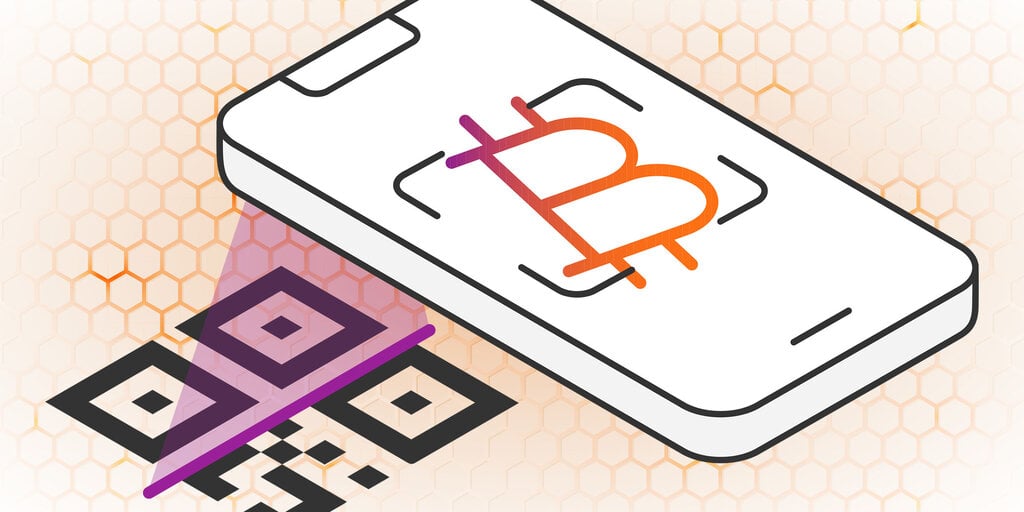Late last week, Jack Dorsey tweeted a link to Nodeless —and nothing else. Although cryptic, the mention seemed like a stamp of approval for the platform from one of Bitcoin’s most famous backers, sparking buzzy excitement as well as some debate over the merits of the Lightning payment processor.
What is Nodeless, exactly?
In short, merchants can add the tool to their website to accept Bitcoin payments more easily. Specifically, it helps with making transactions over the Lightning Network, which offers cheaper and faster payments over Bitcoin and is widely heralded as the most likely method through which Bitcoin will go mainstream.
“Our goal is to make Bitcoin a medium of exchange by making it as easy as possible for merchants to accept Bitcoin,” Nodeless’s pseudonymous creator UTXO told Decrypt.
Still, using Lightning non-custodially—without a middleman taking control of a user’s funds—can be tricky for newer users.
In some ways, Nodeless’s functionality is similar to OpenNode, another Lightning-based Bitcoin payments provider. But Nodeless offers one key difference: users don’t have to share identifying information to begin accepting payments using the platform. In other words, it’s a non-KYC (Know Your Customer) service.
‘Nodeless’ payments
Using Lightning non-custodially generally requires a user to run their own Lightning node. This can be tricky for non-technical users or users strapped for time. There are already platforms out there like Voltage or Greenlight, however, which provide a one-click solution for setting up a Lightning node, and where users don’t have to maintain the node over time.
But Nodeless takes a different approach. Nodeless is “nodeless” in the sense that a merchant accepting payments doesn’t have to run their own Lightning node—which takes time and resources to establish and run, and eats up computational resources.
There’s still a node involved—a node is always involved when sending a Bitcoin or Lightning payment. But instead of a user running their own node, Nodeless’s node is the one passing on the payment. When a payment is sent to the merchant, it’s sent to Nodeless. Nodeless then immediately sends the payment to the merchant’s on-chain or Lightning address.
“Technically we custody individual payments for several seconds while the payment is in transit. We believe this is a fair trade-off versus the complexities of running a lightning node,” UTXO said.
So, Nodeless is technically a custodial solution in that it holds a user’s funds for a minute. But it promises to give it back very quickly. Users provide a Lightning address or cold wallet storage Bitcoin address to which Nodeless will promptly forward the user’s funds.
Privacy money
Some Bitcoiners expressed skepticism about this model, arguing that as the company grows, KYC requirements from governments will get more stringent. Or, since Nodeless is technically a centralized solution, governments could conceivably step in and force the company to stop transactions it doesn’t like.
But UTXO thinks Nodeless can bypass these pressures.
Nodeless operates legally in Canada, where transactions under $1,000 don’t require KYC identification. In the long-term, they’re looking to move to El Salvador, known for its lax measures toward Bitcoin and cryptocurrencies, where UTXO said “this business is welcomed with open arms.”
“I also think [governments will] be more interested in the non-KYC custodians before Nodeless,” UTXO said.
Stay on top of crypto news, get daily updates in your inbox.














